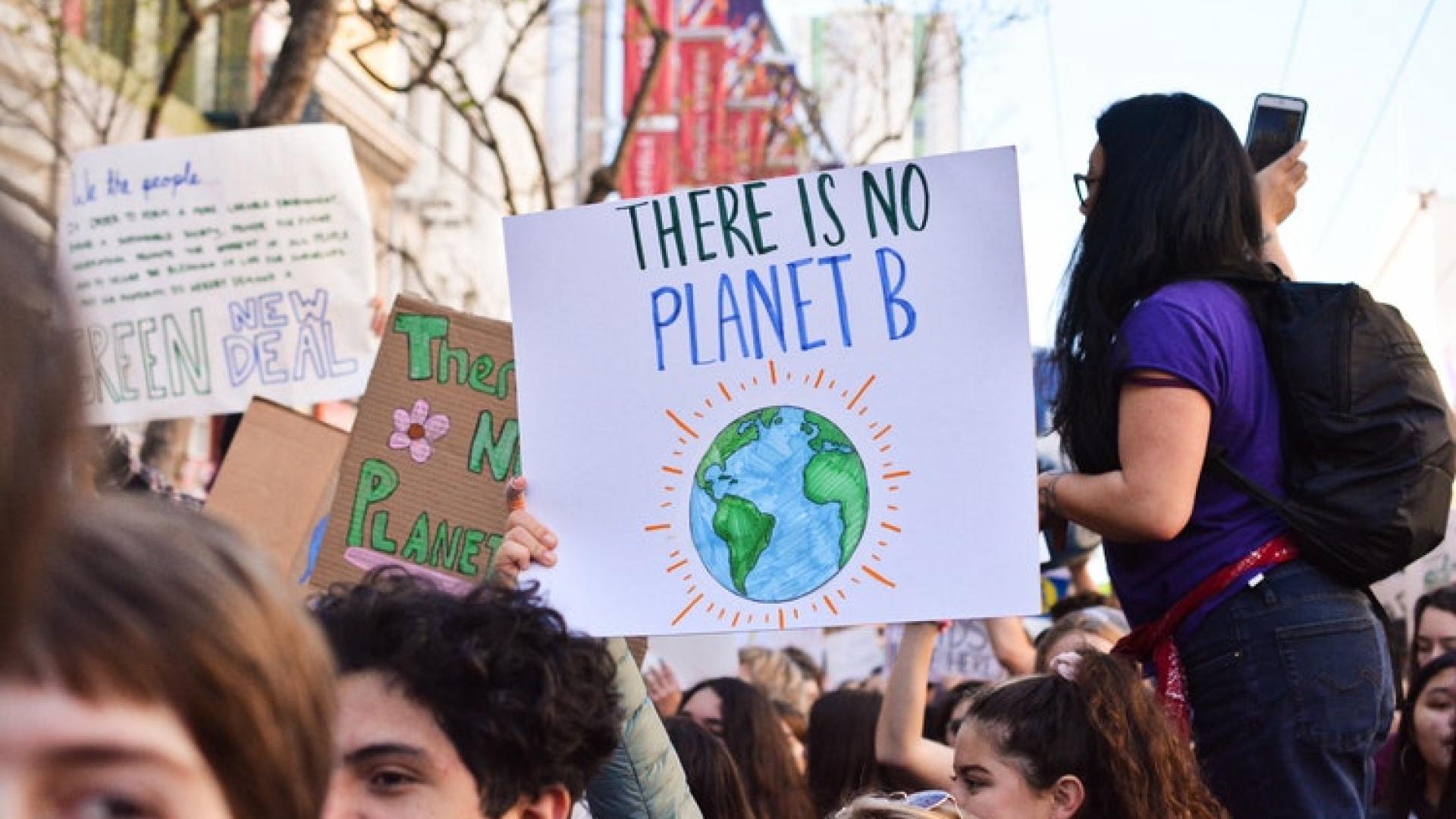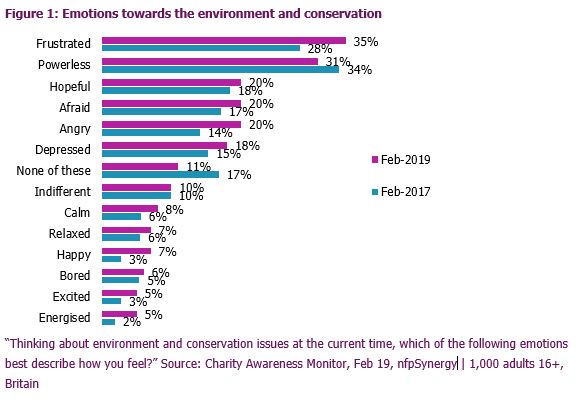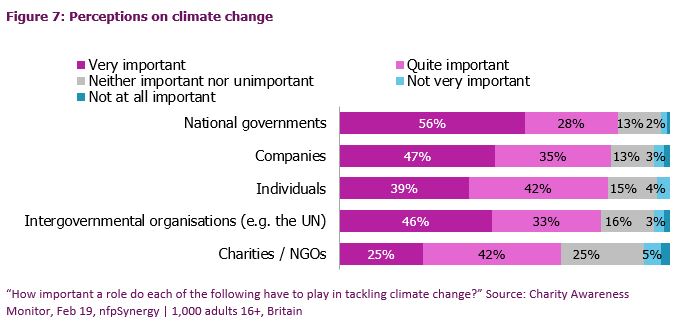“If we don’t take action, the collapse of our civilisations and the extinction of much of the natural world is on the horizon.”
David Attenborough, December 2018
As the threat of climate change becomes more real by the day, the lack of action becomes more apparent. In light of the UNs report at the tail end of 2018 warning that the global community has just 12 years to avoid the most catastrophic consequences of climate change, it is perhaps no surprise to see in recent months a major response by activists the world over. Speeches articulated by the likes of Attenborough and Greta Thunberg have helped galvanise and inspire movements that have resulted in many a remarkable display of action, be it over a million school students striking across the world or the recent Extinction Rebellion protests in central London. It is safe to say that 2019 has already been quite a year for climate activists and there certainly appears to be no let-up of these kinds of protests in the near future.
More importantly though, while such events have been a reaction to supranational warnings of impending disaster, they are also a clear manifestation of the general public’s rising frustration towards the lack of action being taken over the environment. It is now apparent that we are in amidst a rising tide of angst and concern that is spreading across the United Kingdom and the rest of the world in response to the mounting crisis posed by climate breakdown and the perceived inaction by politicians the world over.
Frustration and anger on the rise
Along with the UN’s report warning us of climate breakdown, the last two years has seen a stream of news stories and campaigns related to environmental and conservation issues, including a growing awareness as to the harm being inflicted on marine life. This is an issue that was brought to mainstream attention as a result of the BBC’s Blue Planet II series.
Such headlines have since given momentum to campaigners and the general public with growing frustration and anger becoming increasingly apparent. Indeed, this has been reflected in our own research which showed that two years ago just 14% of the public said they felt anger over matters related to the environment but this year that figure has risen to 20%. An increasing sense of frustration has also been recorded with over a third of the public displaying such feelings towards the issue, an increase from 28% in February 2017.

With rising emotions over environmental and conservation issues, as ever this provides an opportunity for charities working in these sectors to tap into such sentiments. However, when it comes to public perceptions of climate change, the importance of their role in tackling climate change is unclear.
Our research shows that when asked to gauge the importance of different institutions when tackling climate change, national governments are seen, perhaps unsurprisingly, to have the most vital role to play according to the public.

According to our Charity Awareness Monitor, 56% believe that national government’s role is very important in tackling climate change which compares to 47% of people see companies as having a very important role to play. By contrast only 25% believe that charities have a very important role to play when it comes to tackling climate change. This may come as no surprise to many and indeed most charities will agree that it is governments role to influence the state of things but it does pose the question – are environmental charities in danger of being left behind as a passive voice in the wider action being taken to tackle climate change?
Where do charities fit in to all of this? What does this mean for charities?
With movements like Extinction Rebellion dominating the headlines one could argue that this movement’s example sets a new precedent in which environmental charities could be moved into taking more radical action in highlighting the causes they campaign passionately for. Of course, the likes of Greenpeace are no strangers to the sort of action displayed on the streets of London this week (and have since given their backing to the protests) but this has not stopped such movements from calling for more action from such charities.[1]
That is not to overlook some of the excellent work achieved by environmental charities though. For instance, Greenpeace’s own campaigning continues to resonate strongly with the public. This can be seen most notably in the organisation’s role in raising awareness towards palm oil driven destruction of rainforests in a highly publicised Christmas tv advert campaign with Iceland supermarkets (subsequently banned by Ofcom) that gained much media and social media traction.[2] It is vital to realise that when it comes to campaigning on specific issues, environmental charities still have enormous potential to raise awareness and pressurise organisations on matters to climate change and environmental destruction.
By exposing human made destruction of the environment amidst increasing public concern, there has never been a more important time for environmental and conservation charities to bring these matters to our attention. But how charities go about defining themselves as an important factor in the fight against climate change in light of the arrival of these new movements is a very different concern. Could environmental charities, in wanting to raise public recognition of their role adopt more radical campaigning tactics in the vein of Extinction Rebellion? Or perhaps recent events have little to no impact on charities. Would they prefer to accept the likelihood that they will never be seen as vital as governments and other organisations in the fight against climate change? Either way, charities still have a great capacity and responsibility to inform, expose and pressurise on climate related matters.
While recent events pose new questions related to environmental campaigning it also reflects increasing opportunity for charities working in the sector. The sense of urgency is now real and the public are increasingly concerned and eager to listen.
Perhaps now is a good time
Perhaps now is a good time for charities to think more carefully about everything they do and the wider impact they could - and perhaps should - have. By default charities do 'good stuff', but in today's world is it enough to just focus directly on their beneficiaries - should they be thinking more widely about their impact and social value?



